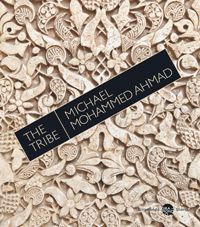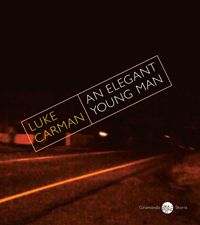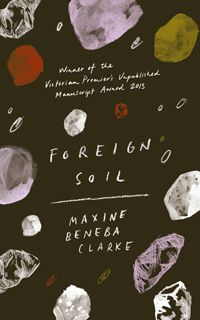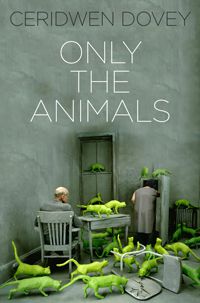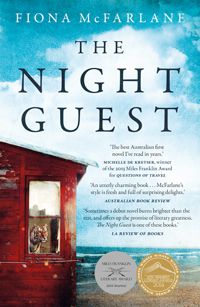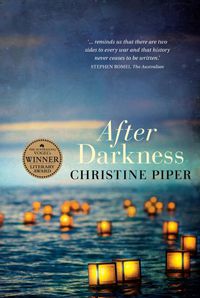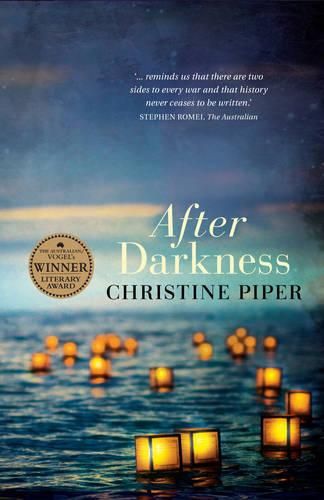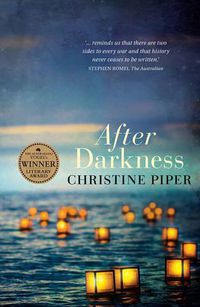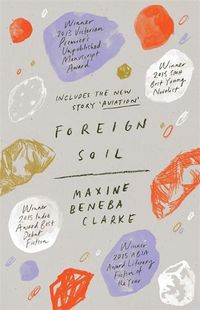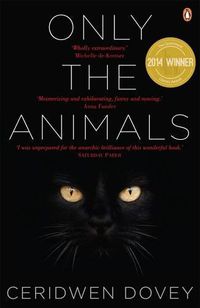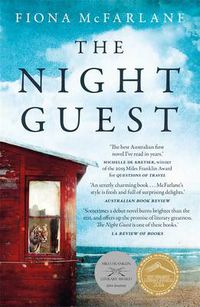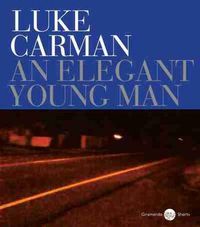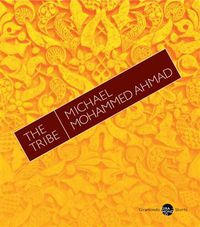The Readings New Australian Writing Award Judges' Report
The Readings New Australian Writing Award is for an Australian author’s first or second book of fiction, and recognises exciting and exceptional new literary talent. Here is the judges’ report of the six shotlisted titles for 2014.
The Tribe by Michael Mohammed Ahmad (Giramondo)
Told from the point of view of a child called Bani, The Tribe introduces the members of a Muslim family who fled to Australia just before the civil war in Lebanon, and the narrative progresses through key moments of their multi-generational household.
Set largely in the western Sydney suburb of Lakemba, The Tribe comes to life through the simple, honest voice of its young narrator. The suburban narrative is given a vivid cultural specificity not often depicted in contemporary Australian fiction, and Michael Mohammed Ahmad cleverly ties pop-cultural references to myth and traditional stories, creating rifts of humour and warmth in the work.
An Elegant Young Man by Luke Carman (Giramondo)
Luke Carman’s collection of monologues and anecdotal stories hums with the cadence of Western Sydney – a creative mash-up of street talk and literature, swagger and trepidation, colloquialisms and poetry. The world of Fobs, Lebbos, Greek, Serbs, Grubby Boys and scumbag Aussies that forms the backdrop to these stories is ominously familiar; a place where racism is so entrenched in daily interactions as to be barely discernible.
Through his narrator, described as anything but an elegant young man, Carman brilliantly captures the mingling anxieties and misplaced confidences of youth with a feverish intensity.
Foreign Soil by Maxine Beneba Clarke (Hachette)
With Foreign Soil, Maxine Beneba Clarke has sought to give a voice to the disenfranchised and the lost, the downtrodden and the mistreated. Telling stories that lie behind what we’re reading in newspapers, she transports readers from grimy Footscray backstreets to a down-at-heel New Orleans apartment block, from Brixton in London to Kingston in Jamaica.
Clarke’s background as a performance poet is evident in her rhythmic prose that seems to shimmy across the page. Revealing a deeply ambivalent take on hope and despair in the modern world, Foreign Soil marks the arrival of a major new voice in the Australian literary landscape.
Only the Animals by Ceridwen Dovey (Penguin)
Only the Animals is Ceridwen Dovey’s second work of fiction. This collection of stories depict ten animals caught up in human conflicts over the last century, from a Russian tortoise once owned by the Tolstoys who drifts in space during the Cold War, to a dolphin sent to Iraq by the US Navy who writes a letter to Sylvia Plath.
With each new narrator, Dovey imaginatively subverts reader’s expectations – of animals, of gender, of history – and the result is deeply empathetic. Her stories are in turn warm, richly intelligent and moving, but there is humour at play here too. This is truly inventive fiction.
The Night Guest by Fiona McFarlane (Penguin)
Fiona McFarlane’s debut, The Night Guest, is set in the seaside suburbs of Sydney’s northern beaches. When Ruth wakes one day thinking a tiger has been in her house, a formidable woman called Frida arrives to care for her. For Ruth, it seems that both Frida and the tiger are here to stay, but she doesn’t know who to trust.
McFarlane’s prose is delivered perfectly formed, and a growing sense of unease elegantly brews through the narrative. Ruth’s childhood memories of growing up in colonial Fiji with her missionary parents are evocatively presented. McFarlane takes a deceptively quiet narrative and elevates it to something unsettling and assured.
After Darkness by Christine Piper (A&U)
While working at a Japanese hospital in the pearling port of Broome 1942, Tomakazu Ibaraki is arrested as an enemy alien and sent to Loveday internment camp in a remote corner of South Australia. Here, he struggles to maintain his beliefs as hostilities between inmates develop to breaking point, and force him to confront a terrible secret from his past.
Christine Piper’s After Darkness won this year’s The Australian/Vogel Literary Award, and is a delicate and haunting meditation on trauma and loss. The narrator, Ibaraki, is a deeply reserved and honourable man, and draws comparisons to Stevens of Kazuo Ishiguro’s 1989 novel, The Remains of the Day.


